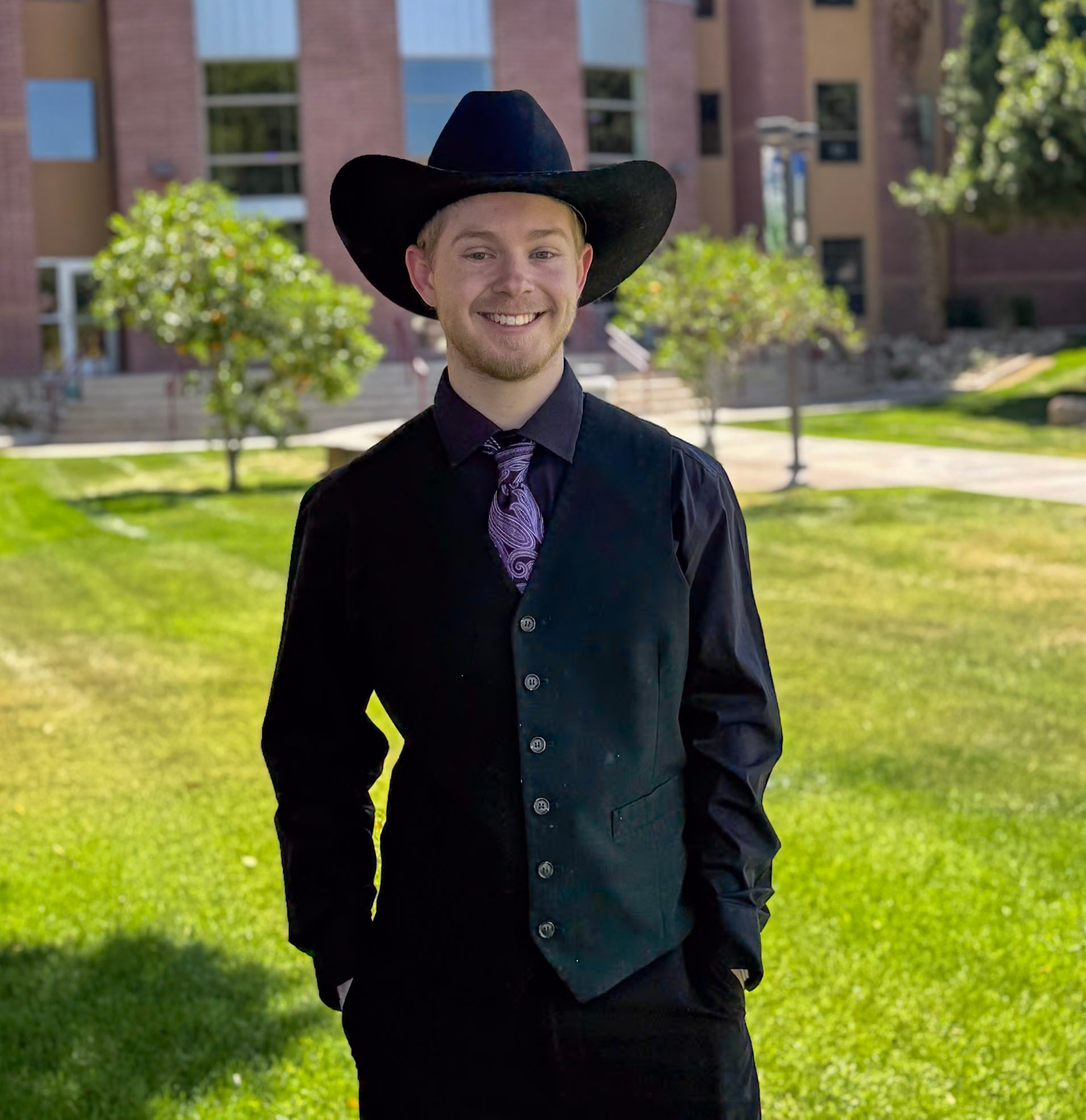"If you got nothing to hide, you got nothing to fear" is the worst sentence I've heard in my twenty-two years of existence. Not enough users take security seriously, and the popular excuse is "I have nothing interesting. I don't care if they see my cat pictures and memes" or "if they want to hack into my webcam and watch me stare at the screen what can they do with that?"
It's why we don't post every picture we take on social media – not all of them are our favorite. It's why we send some things through Snapchat and not text – we want them to go away. Not everyone has a secret second life to hide, but you are probably more intimate with your phone and computer more so than anyone you use those devices to speak to. Your devices know where you are, when you sleep, what you like to buy, what you're curious about, and what your texts, emails, and bank accounts say. We get mad at friends talking behind our backs, but why do we not get mad when we allow our devices to talk about more than our drama without us knowing?
Don’t think this applies to you? Here's a quick way to see if Google knows where you've been everyday for the past years. (It's actually really impressive.)
Now that all my opinion is out of the way...
Hackers Turned Hit-men Via Remote Car Connection
Andy Greenberg, senior writer for Wired, Charlie Miller, security engineer for Twitter, and Chris Valasek, director of vehicle safety research at Idactive produced this video to show drivers how the safety features in their car can be hacked through the internet. This is an ever important topic especially since the release of Tesla cars. Tesla can receive push updates every time it is parked within Wi-Fi and these updates allow the software to change the way the physical car works.
This light hearted video underlines the huge exploits two guys are able to do to drivers remotely to cars that have not been modified to be "more hackable" in any way. From the AC to the brakes, a knowledgeable hacker with a laptop could cause chaos in the highways and take out specific targets. The term "hacker" does not exclude those who work for the government, either. Whoever possesses these tools has the power of infrastructure and life and death.
-
If you are interested in videos, information, or want a career in these fields to learn about network security I highly recommend attending UAT's open house for Cyber Security this October 25th from 6:00pm – 8:00pm. There is a reason Network Security is one of the most popular majors here – UAT does it best. Our students bring home awards from every Black Hat, DefCon, and Avnet event they get to attend because of UAT.






Comment